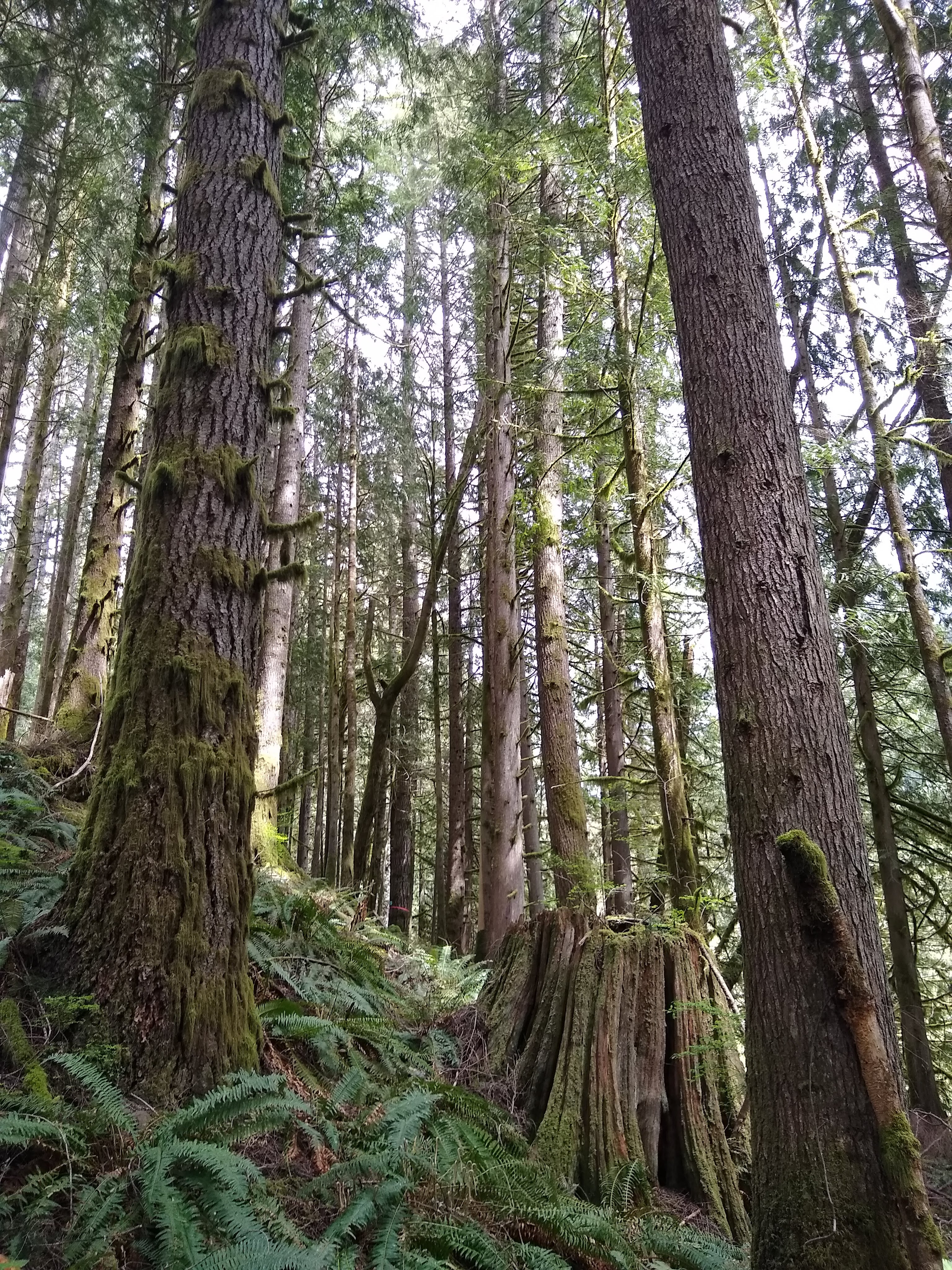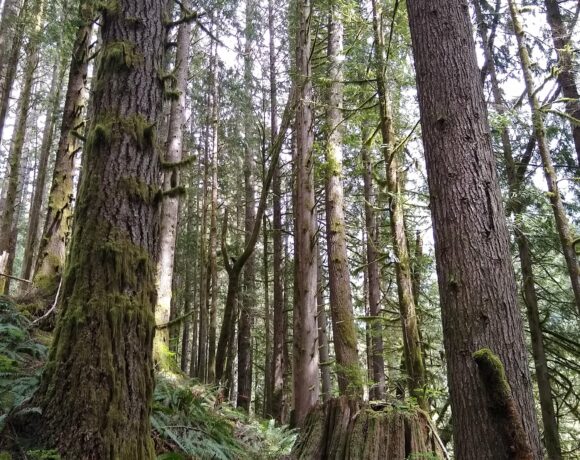
State land managers update timber sales to include climate, carbon emissions after court ruling

LISTEN
(Runtime: 1:18 )
READ
Washington land managers have updated multiple timber sales to include carbon emissions and climate impacts, after a Superior Court judge ruled two timber sales on state lands were invalid due to an environmental policy violation.
Superior Court Judge Keith Harper ruled last week that the State Environmental Policy Act checklists for the two timber sales, and therefore the sales themselves, were invalid.
The Washington State Department of Natural Resources responded on Monday to the Jefferson County Superior Court ruling by amending the State Environmental Policy Act checklist for five different timber sales to include carbon emissions and impacts to the climate, which it had failed to acknowledge for the two timber sales involved in the Jefferson County lawsuit.
The department did evaluate climate impacts in an environmental impact statement for its 2019 Sustainable Harvest Calculation, which looks at areas that will be harvested in the next 10 years, said Duane Emmons, assistant deputy supervisor for state uplands with the department.
However, in the two Jefferson County timber sales the department did not reference any climate information from the harvest calculation, Emmons said. After the Superior Court ruling, the department added that information to five other sales yet to be approved, he said.
“So we did do an amendment on those SEPA checklists to make sure that we were incorporating — the technical term is incorporating by reference — those other larger documents that have already done that work,” Emmons said.
Plaintiffs for the Jefferson County case have pushed back on the department’s quick change to the State Environmental Policy Act checklists for those five sales, at least one of which was approved by the Board of Natural Resources the day after the state amended the climate changes.
However, Emmons said the timber sale approval is allowed in the State Environmental Policy Act process.
The State Environmental Policy Act, or SEPA, is meant to identify and analyze environmental impacts caused by government decisions. Government agencies, such as the Department of Natural Resources, use a State Environmental Policy Act checklist to determine any significant environmental impacts.
For the two timber sales in Jefferson County, Emmons said the department will likely start the State Environmental Policy Act process again.
“I don’t believe we’ll be able to just amend the SEPA that was already done,” Emmons said. “I think we would be doing a new SEPA.”
Redoing the State Environmental Policy Act process will involve determining whether a full environmental impact statement needs to be considered; if there would be significant impacts to the environment from the timber harvests; and then completing the State Environmental Policy Act checklist.
After gathering the information, there would be a 14-day public comment period before the sales would be presented to the Board of Natural Resources for approval.















